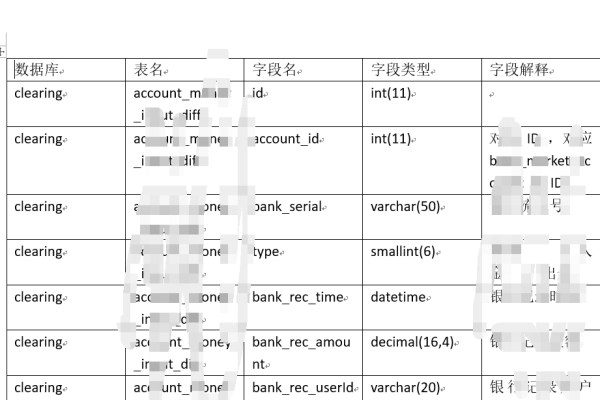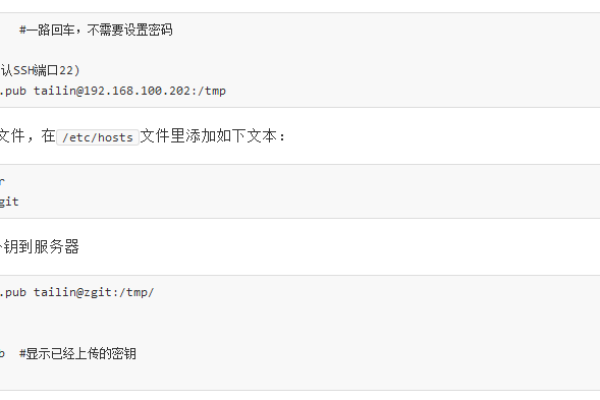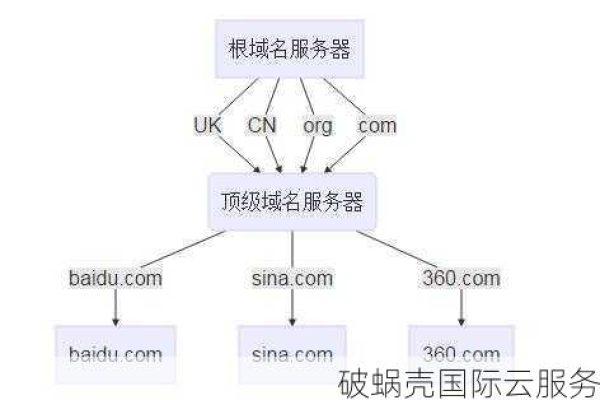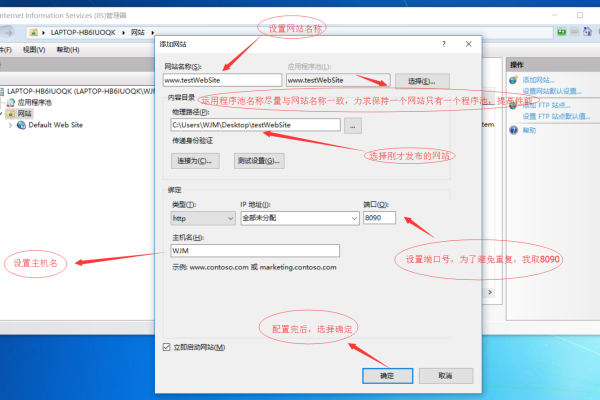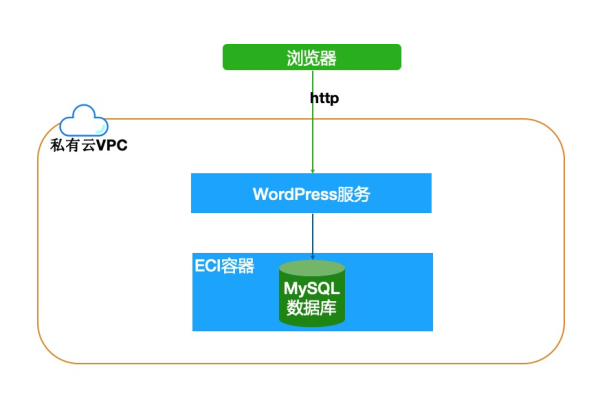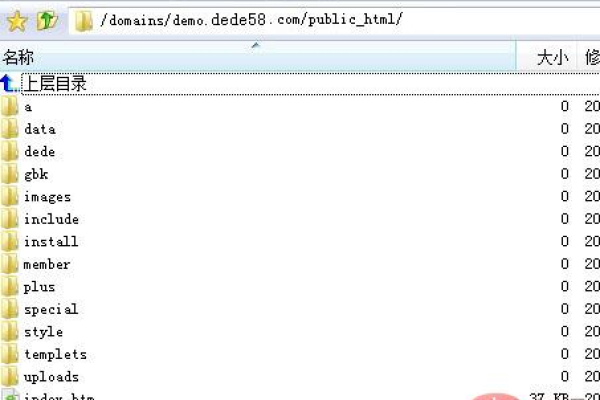如何搭建H5服务器?
- 行业动态
- 2024-11-12
- 4
h5服务器搭建
在现代Web开发中,HTML5(简称H5)已经成为了构建动态、交互式网站的核心技术,为了能够高效地开发和部署基于H5的Web应用程序,搭建一个稳定且高效的H5服务器是必不可少的,本文将详细介绍如何搭建一个H5服务器,包括环境准备、服务器软件选择、配置过程以及常见问题的解决方案。
环境准备
在开始搭建H5服务器之前,需要确保以下几点:
1、操作系统:选择一个适合的操作系统,如Windows、macOS或Linux,对于生产环境,建议使用Linux系统,如Ubuntu或CentOS。
2、硬件要求:根据预期的访问量和负载,选择合适的硬件配置,至少需要一台具有4GB内存和双核CPU的计算机。
3、网络环境:确保有稳定的互联网连接,以便下载必要的软件包和进行后续的配置。
服务器软件选择
在选择服务器软件时,有多种选项可供选择,以下是几种常见的选择及其特点:
| 服务器软件 | 特点 |
| Nginx | 轻量级、高性能、支持异步处理 |
| Apache | 功能强大、易于扩展、社区支持良好 |
| Node.js | 适合实时应用、单线程但性能优越 |
| IIS | 微软出品、与Windows系统集成良好 |
对于大多数H5项目,Nginx和Apache是最常用的两种选择,本文将以Nginx为例进行详细说明。
Nginx安装与配置
安装Nginx
Windows平台
1、下载Nginx:从[Nginx官方网站](https://nginx.org/en/download.html)下载适用于Windows的版本。
2、解压文件:将下载的文件解压到一个合适的目录,C:
ginx`。
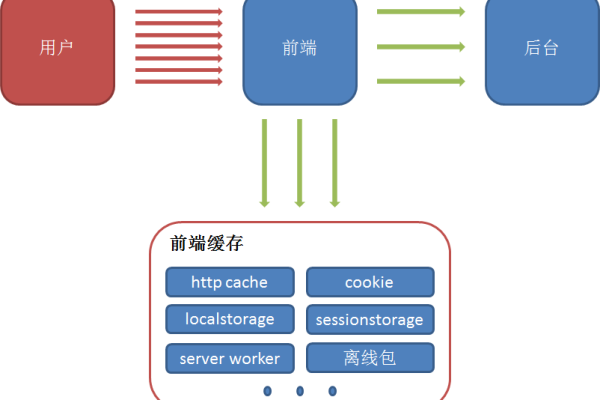
3、启动Nginx:打开命令提示符,进入解压后的目录,执行以下命令:
start nginx
Linux平台
1、更新包管理器:首先更新系统的包管理器,以确保获取最新的软件包信息。
sudo apt-get update
2、安装Nginx:使用包管理器安装Nginx。
sudo apt-get install nginx
3、启动Nginx:安装完成后,启动Nginx服务。
sudo systemctl start nginx
配置Nginx
默认情况下,Nginx会监听80端口,并使用默认配置文件,可以根据需要进行自定义配置。
1、编辑配置文件:找到Nginx的配置文件,通常位于/etc/nginx/nginx.conf(Linux)或conf/nginx.conf(Windows)。
2、修改配置:根据需求修改配置文件,例如设置根目录、添加虚拟主机等。
server {
listen 80;
server_name localhost;
location / {
root html;
index index.html index.htm;
}
error_page 500 502 503 504 /50x.html;
location = /50x.html {
root html;
}
}
3、重启Nginx:保存配置文件后,重启Nginx以使更改生效。
sudo systemctl restart nginx
部署H5应用
一旦Nginx服务器搭建完成,就可以将H5应用部署到服务器上,以下是一个简单的步骤指南:
1、准备H5应用:确保你的H5应用已经开发完成,并且所有文件都已经打包好。
2、上传文件:将H5应用的所有文件上传到服务器上的指定目录,可以将文件上传到/var/www/html(Linux)或`C:

ginxhtml`(Windows)。
3、测试访问:通过浏览器访问服务器的IP地址或域名,确认H5应用是否正常运行,如果服务器的IP地址是192.168.1.100,则可以在浏览器中输入http://192.168.1.100进行访问。
常见问题及解决方案
问题1:无法连接到服务器
解答:
检查防火墙设置:确保服务器所在机器的防火墙没有阻止80端口的访问,可以通过以下命令查看防火墙状态(以Ubuntu为例):
sudo ufw status
检查Nginx服务状态:确保Nginx服务正在运行,可以使用以下命令检查服务状态:
sudo systemctl status nginx
查看错误日志:如果仍然无法解决问题,可以查看Nginx的错误日志,通常位于/var/log/nginx/error.log,日志中可能包含有关问题的详细信息。
问题2:页面加载缓慢
解答:
优化静态资源:确保所有的静态资源(如图片、CSS和JavaScript文件)都经过压缩和优化,可以使用工具如ImageOptim(Mac)或TinyPNG(在线)来压缩图片。
启用缓存:在Nginx配置中启用缓存,减少服务器的负载,可以在配置文件中添加以下内容:
http {
...
server {
...
location ~* .(jpg|jpeg|png|gif|ico|css|js)$ {
expires 30d;
access_log off;
}
...
}
}
使用CDN加速:如果有大量的静态资源,可以考虑使用内容分发网络(CDN)来加速内容的传输,常见的CDN服务提供商包括Cloudflare、Akamai等。
搭建一个高效的H5服务器对于开发和部署基于H5的Web应用程序至关重要,通过选择合适的服务器软件并进行合理的配置,可以显著提升网站的性能和用户体验,希望本文能够帮助你顺利搭建自己的H5服务器,并在实际应用中发挥其最大效能。
FAQs
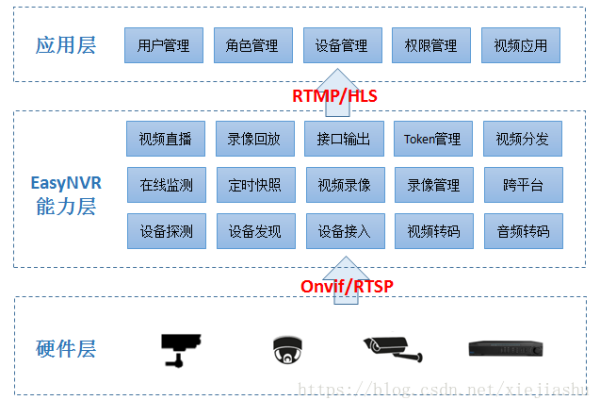
Q1:如何更改Nginx默认的根目录?
A1:要更改Nginx默认的根目录,可以在Nginx的配置文件中修改root指令的值,将根目录更改为/var/www/myapp,可以按照以下步骤操作:
1、打开Nginx配置文件(通常是/etc/nginx/nginx.conf)。
2、找到server块中的root指令,并将其值更改为新的目录路径。
server {
listen 80;
server_name localhost;
location / {
root /var/www/myapp;
index index.html index.htm;
}
error_page 500 502 503 504 /50x.html;
location = /50x.html {
root html;
}
}
3、保存文件并重启Nginx服务以使更改生效。
sudo systemctl restart nginx
Q2:如何在Nginx中配置HTTPS?
A2:要在Nginx中配置HTTPS,需要以下几个步骤:
1、获取SSL证书:可以从认证机构购买SSL证书,或者使用免费的Let’s Encrypt证书,假设你已经获得了证书文件example.crt和私钥文件example.key。
2、编辑Nginx配置文件:在Nginx配置文件中添加一个新的server块,用于处理HTTPS请求。
server {
listen 443 ssl;
server_name example.com;
ssl_certificate /path/to/example.crt;
ssl_certificate_key /path/to/example.key;
ssl_session_cache shared:SSL:1m;
ssl_session_timeout 10m;
ssl_ciphers HIGH:!aNULL:!MD5;
ssl_prefer_server_ciphers on;
location / {
root html;
index index.html index.htm;
}
}
3、重定向HTTP到HTTPS:为了确保所有流量都通过HTTPS,可以添加另一个server块来处理HTTP请求并将其重定向到HTTPS。
server {
listen 80;
server_name example.com;
return 301 https://$host$request_uri;
}
4、重启Nginx服务:保存配置文件并重启Nginx服务以使更改生效。
sudo systemctl restart nginx
通过以上步骤,你就可以成功在Nginx中配置HTTPS,确保网站的安全性和数据传输的加密。
各位小伙伴们,我刚刚为大家分享了有关“h5服务器搭建”的知识,希望对你们有所帮助。如果您还有其他相关问题需要解决,欢迎随时提出哦!


